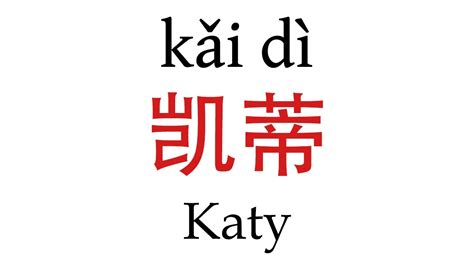How To Say "Ekati" – A Guide to Pronunciation and Cultural Context
The word "Ekati" (sometimes spelled "Ekati") doesn't have a single, universally recognized meaning. Its pronunciation and meaning depend heavily on the language and context. Therefore, this guide will explore potential interpretations and provide you with the tools to understand how to pronounce and use it appropriately.
Understanding the Potential Origins
The spelling suggests a possible origin in a language using a Latin-based alphabet, possibly a name or a word borrowed from another language. Without more context (like a sentence where it appears, or the language it's from), it's difficult to give a definitive answer.
Let's explore some possibilities:
1. A Proper Noun (Name):
If "Ekati" is a name (personal, place, or otherwise), the pronunciation would depend on the language and cultural background associated with it. It might be pronounced phonetically as:
- eh-KAH-tee: This is a common phonetic approach, emphasizing the second syllable.
- eh-KA-tee: This version stresses the middle syllable.
- ek-AH-tee: This version stresses the first syllable.
To determine the correct pronunciation, you'd need additional information on the name's origin.
2. A Word in an Unfamiliar Language:
It's possible "Ekati" is a word from a language unfamiliar to many. To discover its meaning and pronunciation, you would need to identify the language. This requires context or additional clues.
3. A Misspelling:
It's always possible that "Ekati" is a misspelling of another word. If you encountered this word in a specific text, double-checking for typos or providing that context could lead to a clearer understanding.
How to Find the Correct Pronunciation
Here's a step-by-step guide to help you determine the correct pronunciation of "Ekati," regardless of its origin:
- Context is Key: Where did you encounter this word? Provide the sentence, paragraph, or source material. This context is essential to understanding its meaning and likely origin.
- Language Identification: If possible, identify the language. This can be done through the surrounding text, a language identifier tool, or by consulting a linguistic expert.
- Phonetic Transcription: Once you know the language, try to find a phonetic transcription. Many online dictionaries offer phonetic transcriptions that show how words are pronounced.
- Online Resources: Use online search engines to search for the word, combined with the potential language. This can often yield results giving its meaning and pronunciation.
- Native Speakers: If you can find native speakers of the language, ask them for help.
Conclusion: The Importance of Context
Determining how to say "Ekati" is impossible without crucial context. By providing more details about where you encountered this word and any additional information about its source, you can dramatically increase the chances of finding the correct pronunciation and meaning. Remember that context is crucial in language comprehension, especially for less common or ambiguous words.
